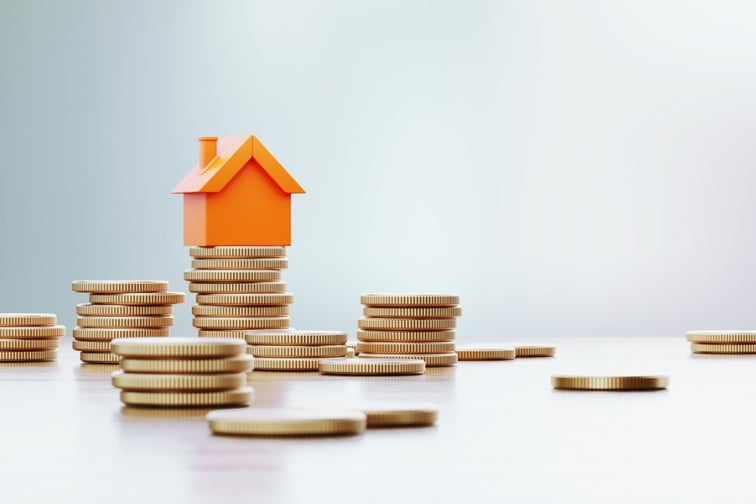

Ultimately, an investment-grade property should generate solid cash flow and strong capital growth. But how do you spot an investment-grade property? What should you consider prior to investing? Here is everything you need to know about what makes an investment-grade property.
An investment-grade property describes a property that has the attributes to earn you money rather than drain it. Anyone can purchase a property, find a tenant (or tenants), and become a rental property investor. But it takes the right sort of guidance and research to find an investment-grade property.
An investment-grade property really should perpetually double in value every seven to 12 years, equalling an annual compounding growth rate of between 7% and 10%. It is important to note that of all the properties in Australia, roughly less than 5% are considered investment-grade properties. The perpetual growth of a property also only refers to a lifetime, rather than never-ending. No one would be able to afford a home that doubles in value forever.
Scarcity. In this context, scarcity basically means that the demand will always outpace the supply. An example of what we mean by scarcity is a Victorian-era cottage versus an apartment in a block of hundreds. Naturally, there is not much scarcity with the apartment since it is surrounded by literally hundreds (and thousands) just like it.
The Victorian-era cottage, on the other hand, is a perfect example of scarcity, since newly built Victorian-type cottages are extremely rare. The few that do exist are usually located on land that is valuable because it is itself scarce. Supply of this type of asset is arguably in decline, while at the same time there is a higher demand. On the other hand, investing in a brand-new property in a new residential area is a poorer investment since land supply is usually more abundant. Remember, as with most things: scarcity usually increases the price.
Land value. The value of a property includes both its land value and building value. Typically, land value appreciates over time and building value depreciates. As an investor, you will likely be more interested in properties that have a higher land value. Conversely, tenants are usually more interested in properties that have more building value. For these reasons, new homes usually have lower capital growth and generate more money in rental income.
Proven performance. It is critical to understand a potential investment property’s previous sales history to understand its past performance. The reason is that the fundamentals of what increases home values are usually objective rather than subjective, as well as static, i.e., any change usually takes decades. Conditions such as proximity to hospitals, the CBD, shopping malls, architectural style, land size, and arterial roads do not change that often.
That means that these conditions are partly responsible for increasing the value of a home over the previous 30 years. Values are likely to increase over the next 30 years if the conditions remain pretty much the same. What you want is to invest in a property that is more of a sure thing and less of a risk. In the simplest possible terms, invest in a property that has a proven performance in the past.
Location is crucial when securing an investment-grade property. It is important that such a property be near schools, parks, restaurants, and shops. As the population continues to grow, properties near public transportation hubs are also becoming increasingly important. Most potential tenants or buyers have commutes at top of mind as roadways become more and more congested.
Another important factor when considering the location is finding homes in growth corridors, such as areas where the government spends funds on new infrastructure or where there is more potential to be built up.
There are multiple factors to consider when looking for a perfect property investment. As mentioned, the location is critical. You should also learn whether the home you will be buying has a lower vacancy rate and a strong demand. It is important that the location also have a strong security feature. Prior to making the investment, you should also have a good idea on whether the property will increase in value and whether it suits your overall investment strategy.
